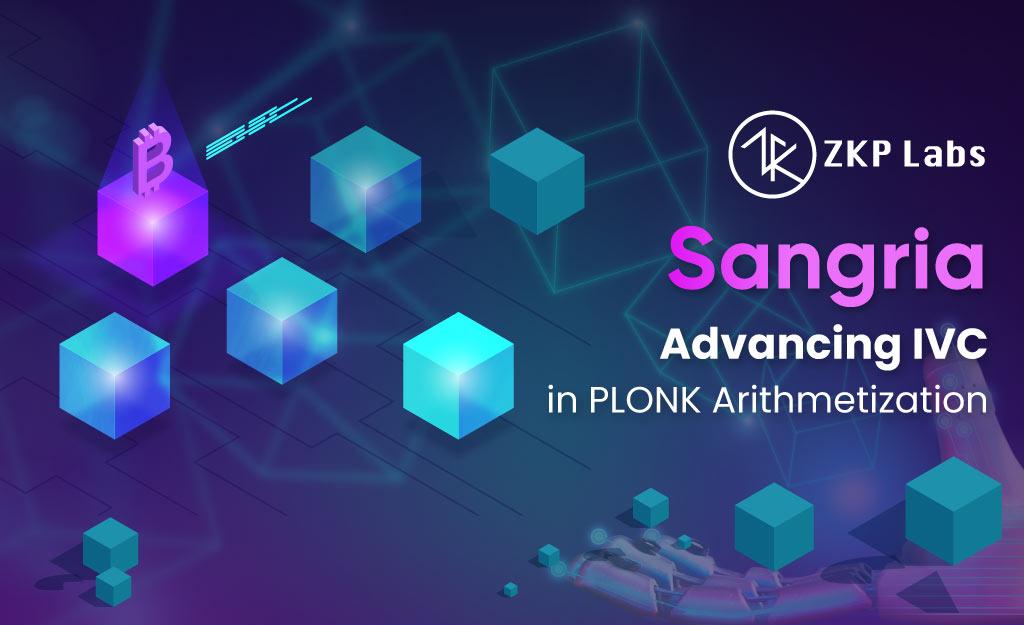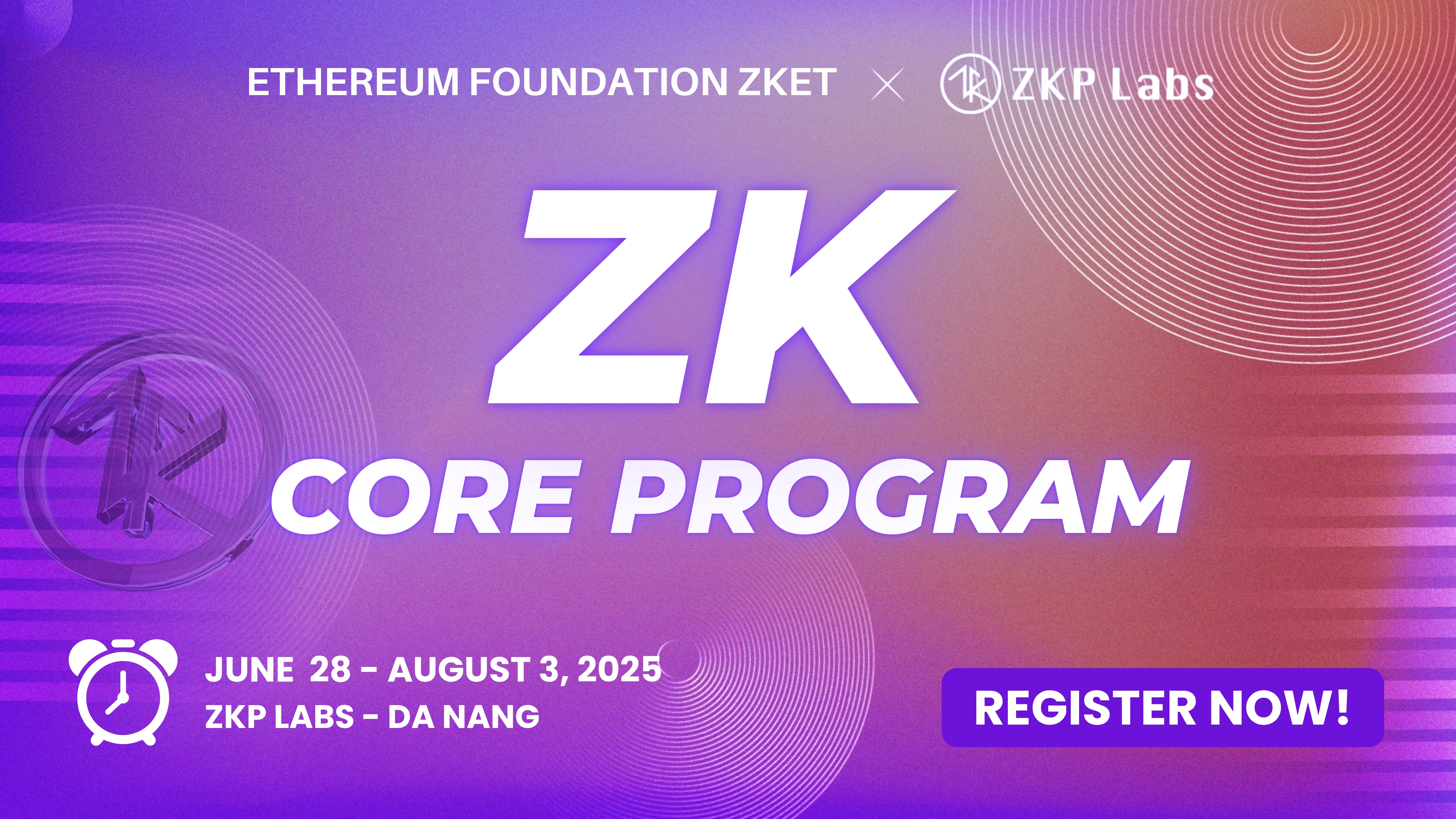Sangria: Advancing IVC in PLONK Innovation
Table of Contents

Sangria, an innovative folding scheme for the PLONK arithmetization, represents a significant advancement in the field of incrementally verifiable computation (IVC). This technical note explores the various aspects of Sangria technologies, including its capabilities, benefits, and potential for future developments.
I. Overview of Sangria Technologies
Sangria is a groundbreaking approach to incrementally verifiable computation (IVC) that builds upon the concept of folding schemes to enhance the efficiency, flexibility, and security of verifiable computations based on the PLONK arithmetization. Introduced as an innovative development in the field of cryptographic research, Sangria offers a novel folding scheme tailored explicitly for the PLONK arithmetization, presenting new possibilities for custom gates and circuits with higher gate arity.
At its core, Sangria is characterized by a "relaxed" PLONK gate equation, denoted as C'Q,i(a, b, c, u, e), which forms the foundation for its unique verification process. This relaxed gate equation introduces a scaling factor u and an error vector e, both of which play crucial roles in accommodating custom gates and absorbing cross-terms in the computation.
1.1 Preliminaries:
Before delving into the details of Sangria, it is essential to understand the basic notation and preliminary knowledge related to the PLONK arithmetization and folding schemes. This includes defining column vectors, matrices, and the committed additively homomorphic commitment scheme for vectors in a finite field.
1.2 PLONK Arithmetization:
The PLONK arithmetization utilizes multi-purpose gates and selectors to define circuits. Each gate instantiation can be specialized to implement specific operations. The gate equation is defined by considering left and right inputs and an output, along with selector vectors. Copy constraints ensure correct gate connections within the circuit.
Sangria's Contribution:
Leveraging the groundwork laid by previous research, Sangria introduces a novel folding scheme designed exclusively for the PLONK arithmetization. This scheme capitalizes on the power of random linear combinations of input instance-witness pairs, resulting in an efficient and secure verification process. Notably, Sangria presents a relaxed PLONK gate equation, which plays a critical role in accommodating custom gates of degree 2 and even circuits with higher gate arity, providing unprecedented flexibility and versatility.
1.3 Folding Schemes:
Introducing the notion of a folding scheme, we explain how it reduces the task of checking two instances in a relation to a single instance. Nova's work on incrementally verifiable computation (IVC) in the random oracle model using a non-interactive folding scheme is also discussed.
II. Benefits of Sangria:
2.1 Relaxed PLONK Gate Equation:
We present the relaxed PLONK gate equation, which accommodates custom gates of degree 2. By introducing a scaling factor and an error vector, cross-terms are absorbed, making the scheme non-trivial. The relaxed PLONK trace is represented by a tuple of vectors: (a, b, c, u, e).
2.2 Folding Scheme for Relaxed PLONK:
The Sangria folding scheme for the relaxed PLONK arithmetization is explained in detail. It involves random linear combinations of input instance-witness pairs, with cross terms being absorbed into the slack vector and scaling factor. The construction is proven to be a public-coin folding scheme with perfect completeness, knowledge soundness, and zero-knowledge properties.
2.3 Degree 2 Custom Gates:
We discuss a general strategy for implementing custom gates of degree 2 in the PLONK arithmetization. By breaking down the gate equation into monomials and adjusting the error term, we achieve a folding scheme that supports higher arity circuits while retaining the ability to fold higher degree gates.
2.4 Lookup Gates:
Preserving the flexibility of PLONKish arithmetizations, we explore strategies for integrating lookup arguments into the folding scheme. Lookup gates enable versatile computation, and Sangria aims to support their seamless inclusion.
III. What Sangria Can Do in the Future?
3.1 Succinct IVC using a zkSNARK for Sangria:
To achieve both succinctness and zero-knowledge in IVC proofs, a zkSNARK for the relaxed arithmetization needs to be developed. Possible approaches involve converting the Sangria trace into a PLONKish trace or modifying the IOP directly to handle the introduced u and e values.
3.2 Lower Recursion Overhead:
Efforts to reduce the recursion overhead in the current construction are discussed. By flattening the witness matrix W into a single column vector, the verifier can work with a single witness commitment, albeit with increased reference string size.
3.3 Higher Degree Custom Gates:
The potential for supporting higher degree custom gates in the random linear combination strategy is explored. Strategies for degree 3 gates are suggested, with the additional computational cost analyzed.
3.4 Lookup Gates:
Emphasizing the importance of maintaining support for lookup-enabled arithmetizations, we discuss potential folding schemes to accommodate lookup gates seamlessly.
Conclusions:
Sangria represents a significant advancement in incrementally verifiable computation for the PLONK arithmetization. With its relaxed gate equation and folding scheme, Sangria opens doors to custom gates, higher arity circuits, and lookup-enabled arithmetizations. Future developments involving succinct IVC and optimized recursion overhead are promising. As the field of PLONK continues to evolve, Sangria holds the potential to revolutionize verifiable computation paradigms, making them more efficient, flexible, and secure.
About ZKP Labs
ZKP Labs is a non-profit organization that focuses on building a vibrant and supportive community in Southeast Asia dedicated to the advancement of Zero-Knowledge Proof (ZKP) technology. Through events, workshops, and training programs, we strive to create an environment that fosters collaboration, knowledge-sharing, and growth, empowering community members to contribute to the development and adoption of ZKP.
Categories
Event Recap
5
Zero Knowledge Proofs 101
32
Top Posts
1
How to start learning ZKPs as a beginner?
02 March 2023
2
Announcing the ZKP Advocacy Program Powered by Mina Foundation: Your Path to Zero-Knowledge Mastery
24 October 2024
3
What Jobs Can You Do About ZKPs?
15 March 2023
4
A Beginner's Guide to Understanding the Different Types of Zero-Knowledge Proofs
24 February 2023
5
Cơ chế và tác động của hành động làm giá trong thị trường tiền điện tử
21 December 2023
6
Khi Nào Zero-Knowledge Proofs Có Ích?
17 March 2025
7
Phân tích lỗ hổng lớn trong mạng zkEVM của Polygon
06 December 2023
8
Phân tích hành động lái giá: Tại sao hầu hết giá của dự án đều giảm?
21 December 2023
9
Hiểu về Plonky2: Một Framework SNARK hiệu suất cao dựa trên Rust
27 March 2025
10
Tìm kiếm cơ hội đầu tư vào Blockchain mô-đun
21 December 2023
Tag
Zero Knowledge Proofs


